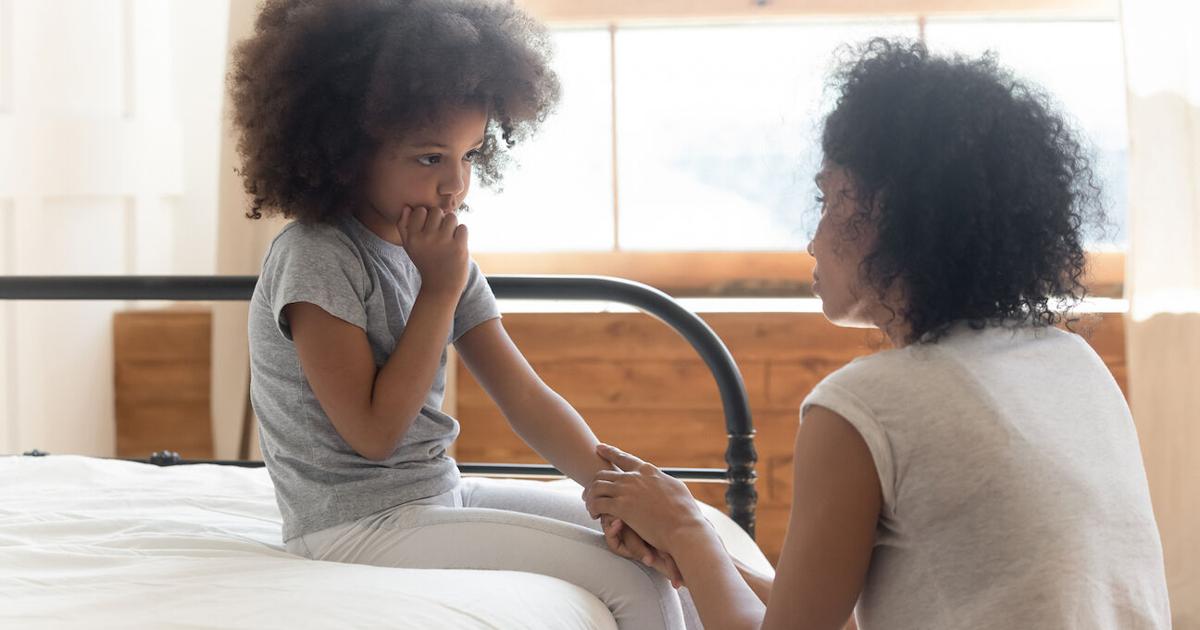Ask the Pediatrician: How should parents talk to kids about the war in Ukraine? | Lifestyle
Question: My children are angry about what they are hearing about the war in Ukraine. How do I address them about this?
A: The war in Ukraine is troubling for all of us. Children and teenagers wonder what happened and what could happen next. Like adults, they can deal with shocking news and images better if they understand more about the situation.
Start by asking your child what they already know. Many children have probably heard about the war.
This information may come from TV, the Internet, social media, school, friends, or adult comments, but much of it may not be accurate.
When children explain what they know about the situation, listen for misunderstandings or frightening rumors. Acknowledge confusion. You could explain that even adults don’t know everything that’s going on.
Adults are concerned about many aspects of the crisis, such as the safety and well-being of citizens in Ukraine. They worry about whether Russia will use nuclear weapons or even attack the United States. They also have wider concerns about the financial ramifications the war could have here.
Children may have the same concerns, but they often have very different ones.
That’s why it’s so important to ask them directly about their concerns. Give honest explanations to correct misunderstandings or misinformation, but don’t ignore or minimize their fears. Help your child find ways to deal with anxiety, sadness, and fears, rather than pretending they don’t exist or shouldn’t exist.
The older the child is, the more discussion they need to answer their questions and allay their concerns. Start by providing the basic information in simple and direct terms. For example, explain how the war will affect them and their families personally. Then ask if they have any questions.
It is helpful for children to know enough to feel they understand what has happened. But exposure to graphics, massive amounts of information, or continuous and repetitive media coverage is not helpful.
Children and teens understand and respond differently to distressing events based on their developmental age and unique personal experiences. Some children will feel the impact more than others and may need more help coping. Obviously, if children have family or friends in Ukraine, this war will feel very close to home. But children who have no personal connection to Ukraine or its people are also at risk of distressing reactions.
For example, children living in communities where there is a lot of violence may be more concerned about their own physical safety. Those who are part of communities that have experienced racial prejudice and discrimination may feel an increase in fear and anger when they hear about acts of aggression and bias in Ukraine. Children who have experienced poverty or food insecurity can become anxious when they hear stories of families with little food or money for other basic needs.
Children and teens are likely to ask a number of questions in times of crisis and turmoil. Choose answers that provide honest information and helpful reassurance.
When a war results in this amount of death and destruction, it’s normal to be upset. However, if children are very upset for several days, can’t control their fears or are having problems at school, at home or with their friends, it is a good idea to ask someone from outside the family for advice. You may want to talk to your pediatrician, a teacher or school counselor, a mental health professional, or a member of the clergy for advice.
†
dr. David Schonfeld is a member of the AAP Board’s Executive Committee on Children and Disasters and a member of the Developmental and Behavioral Pediatrics Section. He is also the director of the National Center for School Crisis and Bereavement at Children’s Hospital Los Angeles. For more information, visit HealthyChildren.org, the AAP’s parenting website.
©2022 Tribune Content Agency, LLC.


Comments are closed.